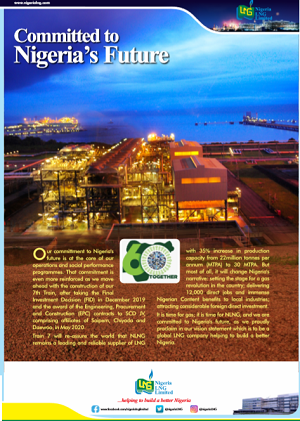
By Lekan Sote
Maybe you can make sense of the following excerpt from a statement credited to Abdulkadir Saidu, Executive Secretary of the Petroleum Products Pricing Regulatory Agency, on government’s position on the removal, or retention, of subsidy in the downstream oil sector of Nigeria.
The confusing text has understandably led to contradictory headlines and interpretations by newspaper editors, sub-editors, editorial and opinion writers, who are supposed to be professional users of the English language in which the text is written.
See, “The price cap per litre in respect of (PMS or petrol) is removed, (and) from the commencement of these regulations, a market-based pricing regime for (petrol) shall take effect. The (PPPRA) shall monitor market trends and advise the Nigerian National Petroleum Corporation and (oil) marketing companies on the monthly guiding market-based price.
“The price of (petrol), advised by (PPPRA), shall be (the) guiding retail price, at which the product shall be sold across the country.” That began what appears like someone is asking you to resolve the confusion in a completely jumbled Rubric’s cube.
While removal of a price cap, which suggests deregulation, price determination by market forces, and possible removal of subsidy, may not be exactly contradictory to PPPRA’s intention to monitor trends, advise and guide marketers on the retail price to sell petrol, there is however, a grain of confusion in between.
Former Vice President Atiku Abubakar saw an opportunity to score a political point, in a hint of removal of oil subsidy, and reminded Nigerians, “For the avoidance of doubt, the Obasanjo administration (which he served as Vice President), embarked on a regime of subsidy removal.”
The politician in Abubakar added, unnecessarily, that Adams Oshiomhole, who was National President of the Nigeria Labour Congress at that time, but has now been reinvented as a politician, and National Chairman of the ruling All Progressives Congress, frustrated the efforts of full-blown removal of oil subsidy.
Abubakar’s seeming goof in taking issue with the Federal Government on petrol subsidy is explained by the disclosure by his son, Ádámù, Adamawa State Commissioner for Works and Energy, who announced that the serial defector and presidential candidate, “will be aspiring to the number one office in the land in 2023.”
That would appear that Abubakar, who poses as a friend of Southern Nigeria, wants to be President of Nigeria in 2023, despite the obvious elephant in the room, which goes by the phrase, power shift to Southern Nigeria in 2023. That must be pretty obvious.



Recent Comments